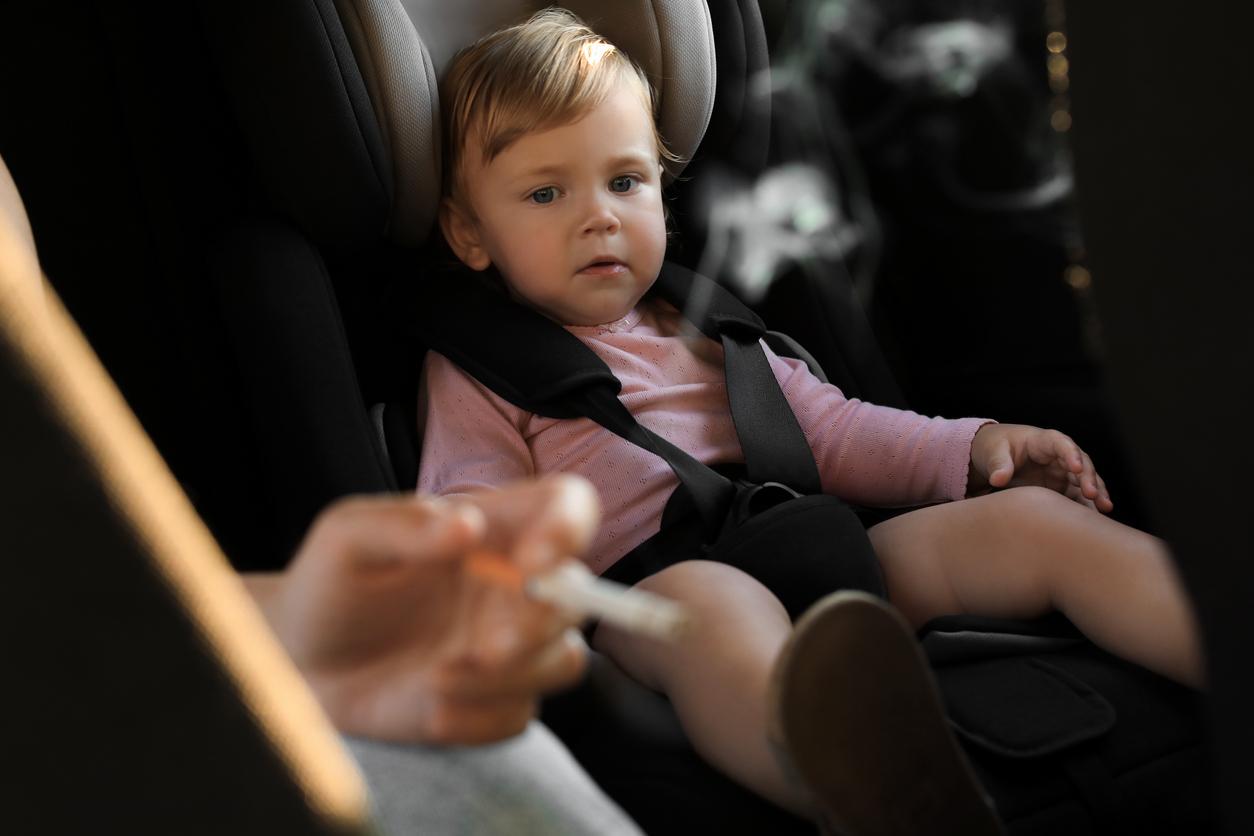Depending on the age, the perception of a punishment differs. For children, it can be life-saving while adults believe that punishments only exacerbate a person’s bad side.
-1611075565.jpg)
- Children have a more positive judgment of punishment than parents.
- For children, punishments serve to bring out the best in a person while adults think the opposite.
When interviewing children, punishments can have two virtues: on the one hand, they are generally more optimistic than adults, which leads them to consider that people’s character improves after punishment. Yet they are also more likely than adults to think other people’s characters are immutable, thus less likely to see punishment as having an impact on moral growth.
Researchers at Columbia University (United States) looked at the benefits that punishments could have, to determine if it changed something about people’s behavior, or even if they learned from their mistakes. The results of their study were published on January 19, 2021 in the journal Child Development.
Differences in perception according to age
To figure this out, the researchers interviewed 94 children between the ages of six and eight and 94 adults between the ages of 18 and 52. Both groups received descriptions of people who went to jail for breaking the law or people who went on business trips. The moral descriptions of these people were either good (“good guys”) or bad (“bad guys”).
Participants in both age groups were asked to rate individuals’ moral character using a five-point scale. This assessment was made at the start of the incarceration/travel and after the incarceration/travel. The results showed that children, but not adults, reported that ‘average’ individuals became ‘kinder’ after a particularly harsh form of punishment (incarceration). On the other hand, unlike children, adults found that “nice” individuals became less “nice” after incarceration.
According to testimonies of children interviewed for this study by James Dunlea, a doctoral student in the Department of Psychology at Columbia University, “punishments cause positive moral changes in ‘bad’ people. Unlike children, adults expect the positive qualities of ‘nice’ individuals to deteriorate after punishment.”
The natural optimism of children
During a second experiment, carried out this time only with 77 children aged six to eight, the researchers presented pairs of individuals, who had all committed the same offence. In each pair, one of the individuals received a relatively severe punishment (going to jail after committing a transgression) while the other individual was described as receiving a relatively less severe punishment (going to time out after committing a transgression). Afterwards, the children had to judge the severity of the punishment.
Although the children were aware that the two people had committed the same offense and that one of the punishments was more severe than the other, they remained convinced that “average” people became “nicer” regardless of the type. of punishment. “These results suggest that with age, people in the United States become increasingly pessimistic about the impact of punishment on moral character.says Larisa Heiphetz, co-author and assistant professor in the Department of Psychology at Columbia University. Our work suggests that these adults may believe that redemption is not for everyone or, at least, that a specific form of harsh punishment (incarceration) is not the way forward.”
.

















